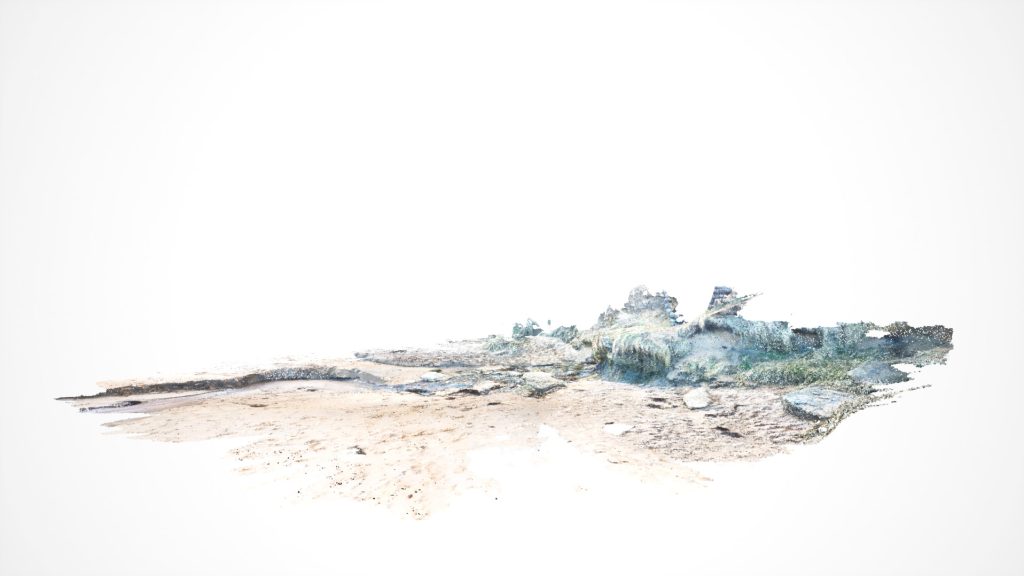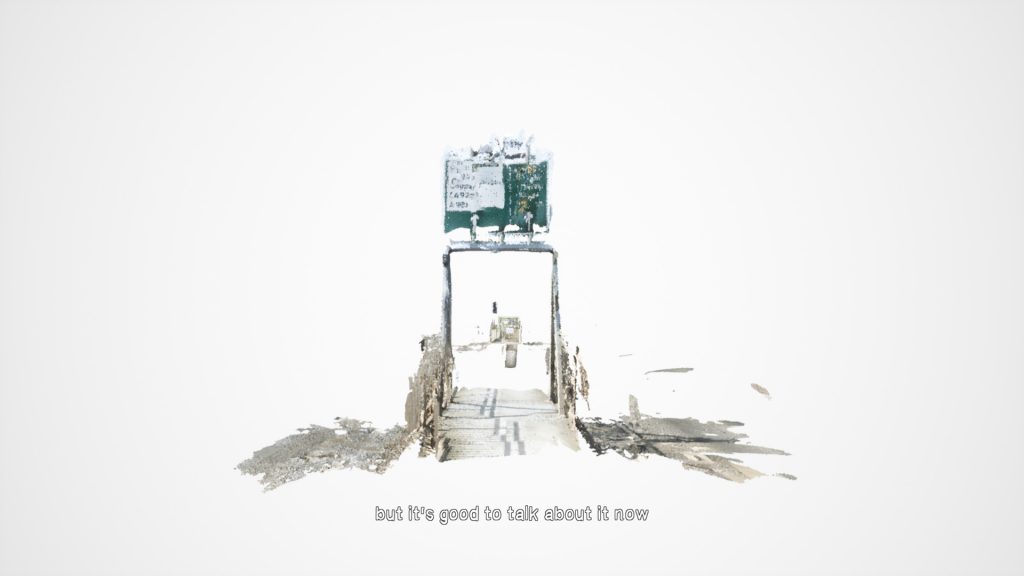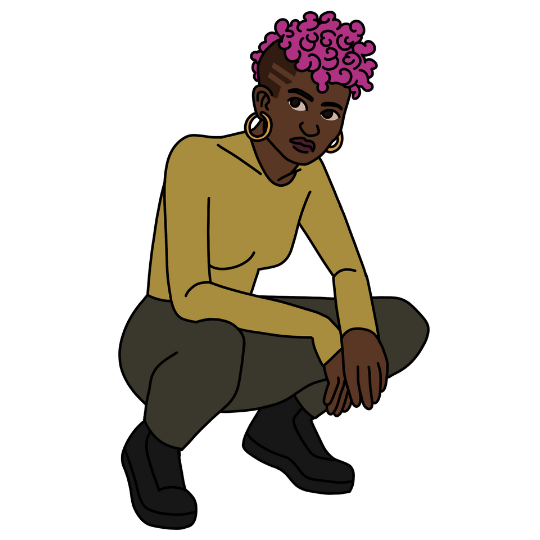Taking ‘The Longest Walk’ with Sandy (Interview)
Posted: 14 Dec 2022In this interview, we speak to Sandy Tarvet, developer of the game The Longest Walk, about the process of developing such a personal and emotional experience.
In October 2022, Safe In Our World travelled to sunny Glasgow to attend Scottish Games Week with Barclays. There, we met Sandy, who was showcasing the game alongside Bafta Games. Rosie managed to get a chance to play through the game at the event, and here’s what she had to say:
Whilst I was playing through, I was completely fixated on the story. I was aware that there were a lot of people around me wandering around the Expo, but it was all just background. I’ll also admit I got emotional playing this game. Within this short experience, it was like the game whisked me away to a totally different place.
It’s 9 and a half minutes long, and it is hard to listen to. I’d recommend anyone to play it if they feel able to. Sandy had to give me a hug after I played this, it definitely hit hard.
The Interview
Tell us a little bit about the concept of ‘The Longest Walk’
The Longest Walk is a BAFTA nominated biographical walking simulator game about my dad’s experience of living with depression and suicidal ideation. The game centres around the Tay Road Bridge – a crisis area between Dundee City and Fife for those seeking to take their own life – and tasks the player with virtually walking in my dad’s footsteps as he recalls his journey through some of the toughest moments in his life.

What inspired you to make a game to tell this story?
I am currently undertaking a PhD at Abertay University in Dundee, with a focus on how designers can communicate lived experiences of health issues through games authentically and respectfully. The Longest Walk – whilst forming part of my research – stemmed from a personal interest in finding out more about my dad.
My brothers and I were quite young at the time of my dad’s depressive episodes, and my parents tried their best to shield us from the severity of the situation at the time. Now that I am older and my dad is in a position to be able to reflect on things, I took this opportunity to learn about his experience and turn it into something that others can hopefully benefit from.
How did creating the game itself make you feel?
Due to the very personal nature of the project and content, the development process has been incredibly challenging.
Conducting the interview was a surprisingly cathartic experience for us, as we had taken that first step to breaking down the barrier about opening up about mental health issues. We both wanted to talk with each other about his experience, but neither of us knew how to broach the subject.
We went into great detail during the 54-minute-long interview; however, I knew that for an impactful game experience using limited mechanics or interaction, the core themes and messages would need to be condensed into something much shorter.
The process of transcribing, coding, reconstructing, implementing, and testing audio in which my dad was discussing the pain he was in, his mindset at the time, and his plans to take his own life was one of the most difficult things I have ever done.

Was it hard to share this game with loved ones?
I shared drafts of my work throughout the development process with my parents to ensure that what I was creating was authentic, respectful, and most importantly of all, communicating a positive message that things can and do get better. Despite keeping my parents in the loop throughout development, I was still very nervous when I brought the final version of the game round to their house to show my family.
Before building the game in engine, I had also sent the interview in its entirety to my brothers, so they could get the same complete insight into my dad’s situation that I was given.
What is your hope for players to take away from this experience?
The Longest Walk hopes to reduce feelings of loneliness and isolation through shared experience and encourage those who are suffering from depression or experiencing suicidal thoughts to reach out for help. For those who have no experience of depression, the game aims to raise awareness of, and provide an insight into what it is like living with depression in order to provoke discussion and help tackle the stigma around opening-up about mental health issues. If the game can help even one person change their outlook, then it has been worth it.
What would you like to see more of in game narratives?
I would like to see more small indie games focusing on personal experiences. Games such as Fabi Reichsoellner’s “a memory of this” and Ryan and Amy Green’s “That Dragon, Cancer” raise awareness of and provide such beautifully harrowing insights into topics that are typically difficult to discuss.

